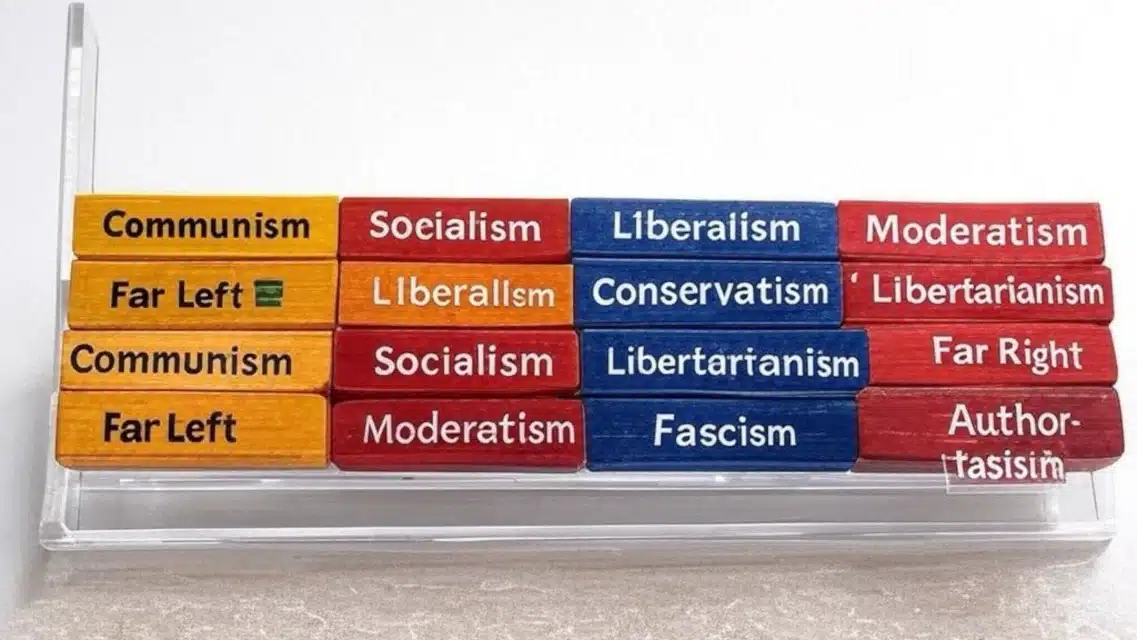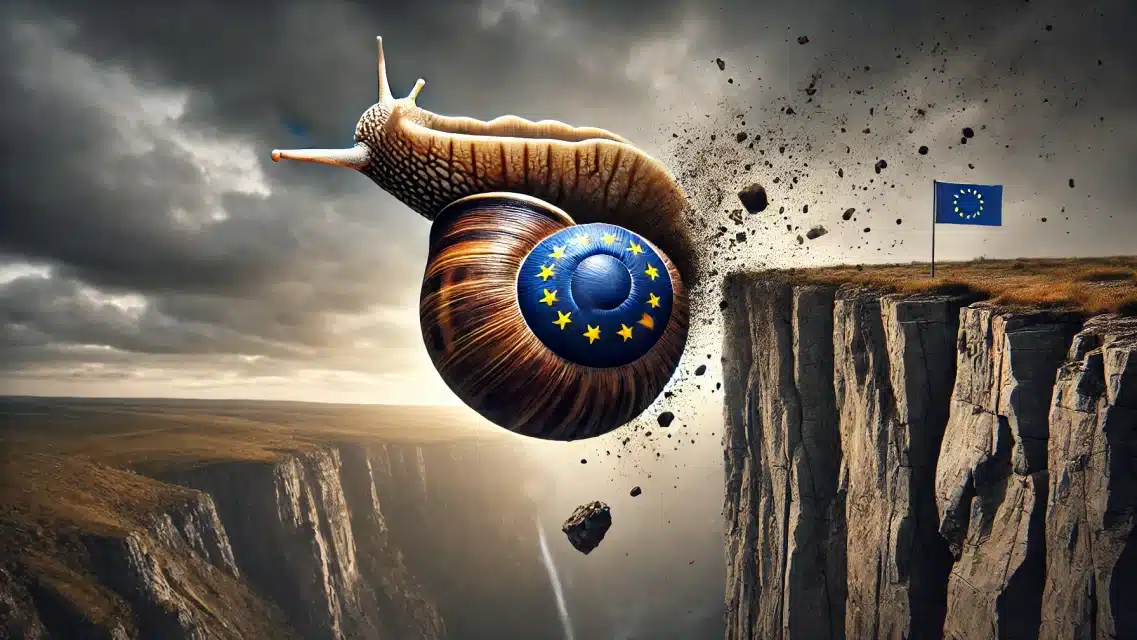At some point in the last decade, Republicans in the U.S. shifted their stance. Now, the same is true for Democrats, especially with their embrace of the so-called "woke" agenda.
I belong to that percentage of people who once considered themselves a Democrat – a party who have found themselves slowly slipping into a virtual mire of their own making. These days I identify not as a Republican but rather a Libertarian.
The terms Liberal and Libertarian have been bandied about to such an extent that you would believe people understand the difference between the two. The truth is, most do not, in my humble experience.
The same goes for Liberalism and Realism in the sphere of international relations. People just don’t quite get it.
Are you a Liberal?
Let’s start with the often-used insult weaponised by those on the right to describe left-leaners: ‘Liberal.’ A Liberal typically refers to people who support a mix of personal freedoms while expecting government intervention to promote equality and social well-being.
In the US, Liberals are recognised as left-wing, socialist-leaning individuals, and mostly vote for the Democratic Party. They see Capitalism as the baseline but with a social safety net below, funded by taxpayer dollars. Big government is their friend in times of need.
Are you a Libertarian?
Libertarians, on the other hand, prioritise personal liberty above everything else and eschew big government, preferring to live by their wits rather than by handouts and abhor over-regulation as an infraction of their freedoms.
Minor differences – but enough to create political tensions that can see car dealerships torched, reputations ruined, and businesses fail.
So, we all want freedom, but some of us don’t want so much freedom that we are allowed to fail and fall, while others are happy to shoulder the responsibility of looking after themselves and their families without depending upon the government to step-in when the SHTF.
A Libertarian wants a government that keeps the roads in good order, runs the courts and oversees the defence of the nation – but nothing more.
Now, how do Libertarians and Liberals stack up against the two philosophies prevalent on the international stage? They would be Liberalism and Realism. Gets confusing, doesn’t it?
Realism
First, let’s look at Realism. In global relations terms, Realism sees the world as a jungle, where individual states must compete for power, resources, and wealth. For Realists, military might is the go-to in times of need.
Realists believe that each nation stands alone and that alliances are merely a part of a wider chess game to achieve national interests. An example might be Russia’s invasion of Ukraine to flex its power and secure its interests.
Another example might be the US looking for rare earth rights in Ukraine to satisfy its national interests.
There is, if you haven’t noticed, a pattern here. There is always a “Ukraine” with Realists. Or, for that matter an Iraq, a Syria or a Libya, a Chechnya, or an Afghanistan. Realists believe in hard power, big militaries, and a threatening stance to achieve their goals.
Liberalism
On the international stage, Liberalism is the approach to international relations that sees cooperation and interdependencies as the keys to peace and a more harmonious world. They like big international institutions such as the United Nations and the idea of the ‘Rule of Law’ on the international stage.
Europe is often used as the poster child for Liberalism, as it consists of a broad range of once-sovereign states that have banded together under the guise of mutual interests for the betterment of all.
The confusion starts when individuals have contradicting views of how things should be run nationally versus internationally.
In theory, you can have a Liberal who believes in Liberalism on the international stage and would wish to help the population of their own nation but not that of other nations. A sort of ‘America First’ approach with a safety net.
You could also have a person who believes in a Realist approach internationally and a Libertarian approach on a national level.
So, where do you place yourself on this slide rule of political thinking?
Are you a Liberal Liberalist, a Libertarian Realist, a Liberal Realist, or a Libertarian Liberalist?
I’m beginning to believe that we need a new lexicon. These outdated terms serve only to confuse, not to elucidate.



